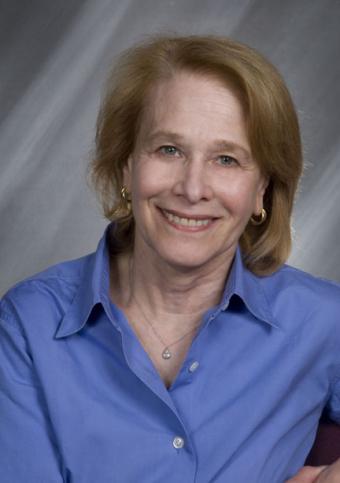PROVIDENCE, R.I. [Brown University] — Statewide weight loss competitions appear to be a potentially successful weapon in the battle against obesity. These programs can produce weight loss in large numbers of people at minimal cost, according to a new study from The Miriam Hospital and Brown University.
Rena Wing,professor of psychiatry and human behavior at the Warren Alpert Medical School of Brown University, and her colleagues came to their conclusions after evaluating Shape Up Rhode Island 2007, a statewide Internet-based weight loss competition conceived by Rajiv Kumar, a study co-author and a medical student at the Alpert Medical School.
“We evaluated the results and showed that this is an effective way to reach large numbers of people,” said Wing, the study’s lead author. Wing is director of the Weight Control and Diabetes Research Center at the Miriam Hospital.
Shape Up Rhode Island reduced the percentage of patients in the study who were obese from 39 percent to 31 percent. Researchers found that individuals who increased their activity the most achieved the best weight losses.
The findings will be published in a print issue of Obesity set for early May. An earlier version ran online at the Obesity Web site Jan. 29.
Shape Up Rhode Island, a nonprofit group launched in 2005, is designed to include teams that compete for weight loss, pedometer steps and exercise minutes. Enrollment for the 2007 competition on which the Obesity study is based, began in mid-December 2006 and concluded on Jan. 28, 2007. Competitors paid $15 to register with 62 percent having the fee paid by their employer. Anyone with medical conditions that could affect their ability to participate or compete safely obtained a doctor’s note first.
The study looked at 4,717 people who participated in Shape Up Rhode Island’s 2007 effort, which Kumar designed to feature team competition in an effort to encourage more exercise and weight loss.
Of the initial participants, 3,311 people or 70.2 percent of participants completed at least 12 weeks of the study. Participants who were heavier at the start of the program lost more weight, as did those who generated greater jumps in their physical activity.
Wing and her co-authors said the study suggests team-based weight loss competition can promote modest weight loss in large numbers of people. They hope the study will promote reporting of results in other similar programs.
The authors also suggest possible improvements, such as the inclusion of diet and exercise education, teaching ways to change behavior or offering access to health coaches.

